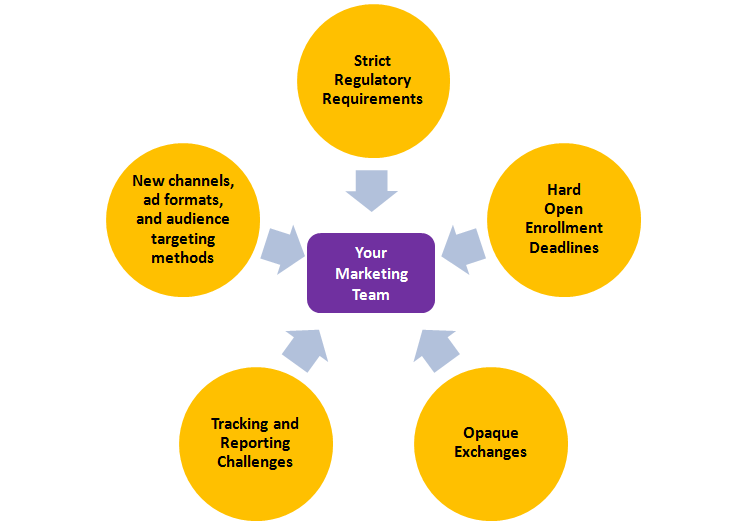
We’ve been using text generation tools to generate thought-starting content for clients articles for the last four years, and two years ago these sorts of tools managed to hit roughly the 6th grade level. This past November ChatGPT clearly hit the 10th grade level. It doesn’t take a genius to figure out that if these tools improved by four grade levels in two years – it’s game over for content development.
Detecting AI-Generated Content
Google implies it can detect AI-generated content. Nonsense; we can’t even detect it ourselves and we’re pretty smart humans! When we researched tools last year for identifying such content, the best ones out there focused on looking for words unrelated to the topic – essentially, a human will use analogies and metaphors, like baseball or war terms when describing something – and peppering in some of these can help to make content appear to have been written by a human. It could be that misspellings or slight grammar issues even may be somewhat helpful going forward. But the bottom line is, even if Google can detect such content now – it won’t be able to in a year or two. So it’s game over; the cost of content is rapidly going to ZERO.
What is Going to Happen to Organic Results?
Well, first of all, it’s important to note that Universal Search results (i.e. local results, video results, image results, news results etc) rely on the fact that queries can be categorized and then handled appropriately to each category. We would not expect local search to go away anytime soon; if you type “Pizza Warwick” what you want is most likely three listings of Warwick Pizza Joints with name/addresses/phone numbers. So many types of searches will be largely unaffected by AI in our view; but general queries, where people are researching topics, are of course going to be dominated by AI generated results.
What Can Google Do?
Well, other than, including its own AI generated results (essentially stealing content from the web by laundering it through AI “training”) above organic results, if Google wants to keep organic results around, it really only has one thing to rely on to differentiate content: LINKS. As Jan said, “Links links links!”
We fully expect Google to tweak its algorithms over the coming months to rely much more heavily on links to differentiate content.
What Will the Industry then Do?
You are very shortly going to hear a “giant sucking sound”. It’s not the sound of US jobs going to Mexico (Ross Perot coined the term to describe that). It’s the sound of content marketers who simply focused on “writing good content” becoming link builders.
Really? The link building subsector of the industry has long been a rather seedy, “other side of the tracks” proposition. Hey buddy, want to buy a link? What’s a nice girl like me doing in a place like this? You may well ask yourself! (lol).
Well, your other choice is to get into PAID MEDIA. Newsflash; Google is not going to get rid of Google Ads, they will simply show them in association with their AI-generated results.
How Should I Get Started Link-Building?
We are going to be writing a lot about this topic over the coming months, but you should absolutely start by reading Larry Page and Sergey Brin’s original PageRank paper, and Yahoo’s original TrustRank paper. Links are about three things: PageRank, TrustRank (if you believe in such things which we do), and Anchor Text. Start getting smart about all three of these; you don’t want to just start getting links willy-nilly, you’re going to want to focus your efforts for maximum impact. But understand the basics before you get started!



